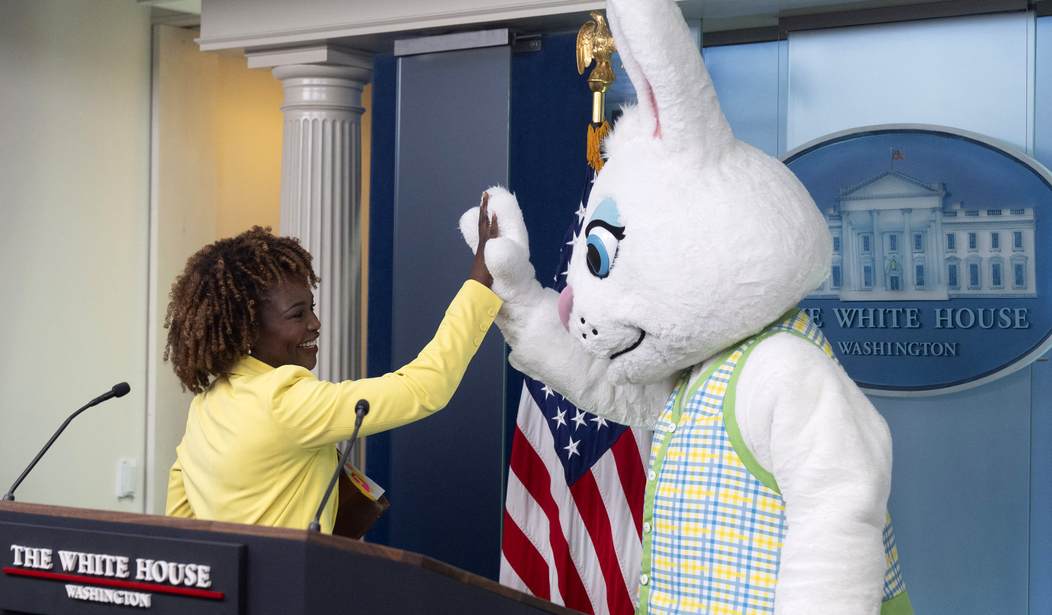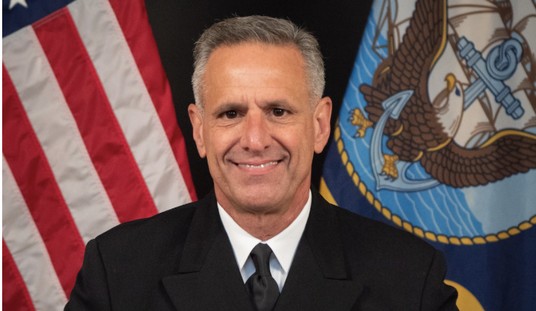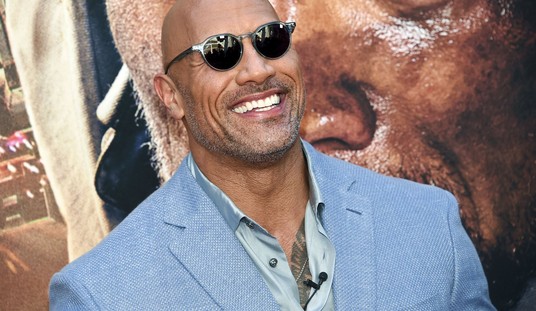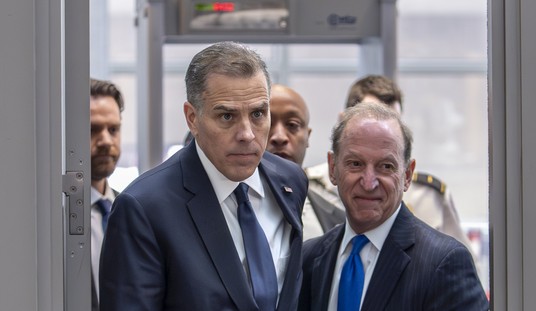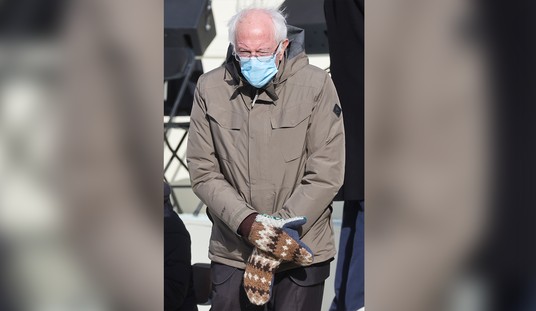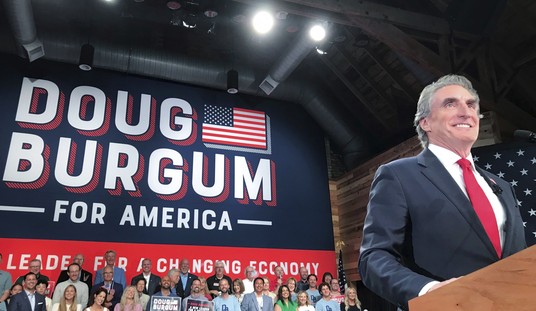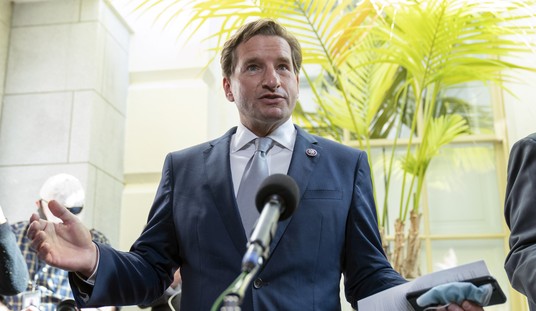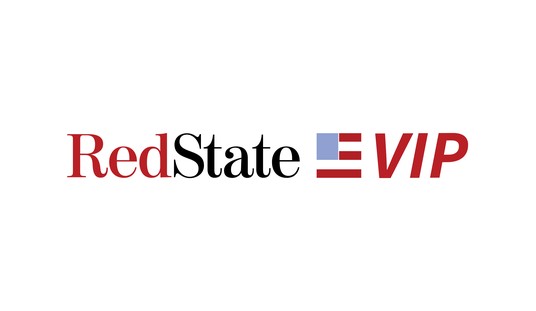A long time ago, assuming the mid-1960s qualify as that, I was a news assistant, dreaming of becoming a real reporter while learning the business in a desk job for a major New York newspaper.
Among my duties was answering phone calls from readers with questions about foreign news coverage. A fair number inquired about the religion of certain correspondents. I told the truth: I had no idea and no intention of asking.
I don’t want to say callers were always angry. One or two that year were calm, at least at first. One morning, a woman caller said she had a hot tip about an important story that no one knew about.
“What is it?” I asked.
“I can’t tell you.”
“Then why did you call?”
“I wanted you to know in case something happens to me.”
“I appreciate your confidence. Maybe if you give me a hint, we could be prepared, you know, just in case.”
Long pause. “You know the new John F. Kennedy aircraft carrier?”
“Yes, I do. It went into service recently.”
“Right,” she said. “Well, where is it now?”
“Uh, I don’t know, ma’am.”
“Exactly! No one knows what happened to it?”
“Well, we don’t track every ship every day. I’m sure it’s fine.”
“So, you’re not going to investigate?”
“What’s to investigate really?”
“You, you medias!” she said. “You never tell the truth!” And she slammed down the phone. Which you could do in those days without breaking it.
I share this favorite anecdote mainly to show that media distrust is not new. Not always warranted, but not new. I’m sure there were doubters 507 years ago when Martin Luther published his 95 Theses.
The difference these days is that it’s not just kooks who believe in media bias. It’s been documented so often in recent years that pretty much everyone now believes it, even if they won't acknowledge it.
The latest media Gallup Poll found less than a third of Americans (32 percent) have a fair or great deal of trust in news media; 39 percent have no confidence at all, up from 27 percent in 2016. Even Democrats’ trust in media has dropped 12 points since then.
Other polls found even worse numbers for media credibility with half of respondents believing media makes up news.
One of the first lessons any new reporter learns covering, say, a traffic accident is that there are as many varying accounts as there are witnesses. The trick for conscientious reporters was talking to enough people to find the descriptive commonalities most likely to be accurate.
If you’re not conscientious or honest, you pick the most exciting version, quote the witness, and run with it. It’s easier, and who would know, except your own conscience, if you have one?
My first exposure to newspaper employment was as a summer vacation replacement in a two-newspaper city. The city editors of both publications were brothers. So, reporters were mere tools working out that fierce sibling rivalry.
I believe the roots of this disconnect go back decades to the days of big-city newspaper monopolies. Those were arrogant, self-important times unchallenged by spritely competition. Much the same occurs with legislative super-majorities.
I’ve described those monopoly days figuratively like a pharmacy. Powerful editors chose the day’s news, according to their values and experience, packaged it, then dosed their version out to loyal readers.
Remember, CBS’ Water Cronkite signed off every weeknight with his authoritative, “And that’s the way it is.”
Early on, my father, an avid news consumer, fortunately, gave me a useful cautionary warning: “Isn’t it amazing how every day just enough news happens to fill the newspaper?”
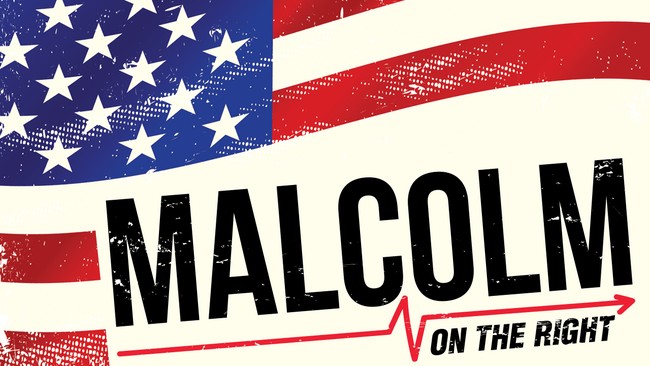
That led to my firm belief that news media cannot effectively tell people what to think. They can, however, tell people what to think about. And leave out what they'd rather voters not think about.
That explains the torrential news coverage of Donald Trump’s judicial events, down even to his countenance, with significantly fewer mentions of Joe Biden’s worsening physical, mental, and speaking abilities.
Recently, a veteran editor at NPR, now unemployed, exposed that news organization’s deliberate decisions to ignore or play down negative news about Democrat Joe Biden, including, among other things, ignoring the lurid and self-incriminating contents of son Hunter’s laptop.
During the previous Republican administration, the Washington Post conscientiously chronicled every alleged lie by President Trump into the many thousands.
For some reason – it’s certainly not the consistent veracity of Joe Biden – that news organization has not gotten around to the same numerical compilations for the current commander in chief, a serial fabulist.
There are countless other examples – media excitement over the Russiagate allegations about Trump, but much less later coverage of it being a Hillary Clinton-engineered hoax.
In recent decades, the style of professional reporting has changed from imperfect but attempted efforts at objectivity and reporting both sides fairly to a full-blown commitment to preferred narratives, most often liberal.
When I left my first full-time newspaper job after 26 years, colleagues were not surprised I was going into government. They were surprised it was with a Republican governor.
About a quarter-century ago, the Internet’s arrival was like the fireworks finale on the Fourth of July — an explosion of news sources online, free for the clicking and sometimes reliable.
With few exceptions, newspapers were unprepared for the rowdy competition. With the full-blown encouragement of Los Angeles Times management, I was asked to launch a conservative political blog that was quite successful. (You read that right.)
In one newsroom meeting, a baffled junior editor exemplified that arrogant pharmacy attitude I described. He asked, “You mean you would actually post an item just because you thought people would want to read it?”
I won’t share my reply. But since then, troubled legacy media have made drastic changes while still experiencing revenue challenges without endless pages of department store ads. The Washington Post is one of them.
Some outlets, like the Wall Street Journal and New York Times, have achieved impressive success with subscriptions. And as RedState VIP readers, you are a crucial beam of support for the financial future of conservative commentary, as this administration colludes with media to limit our impact.
The N.Y. Times executive editor, Joe Kahn, has launched an effort to regain staff control and discipline to restore at least some of that institution’s former traditional standards.
When I worked there, the Editorial Department had regular off-the-record lunches with newsmakers. As a News Department member, I had to get special permission to go up seven floors for those informative sessions.
Not long ago, under other leadership, a throng of news-team members rose up in outrage over some editorial department decisions and got editors there fired.
I wish The Times and other honest outlets great good luck in restoring values and trust.
But I don’t see how the mainstream media can ever regain the confidence and credibility it once had. In a strange way, that might be okay.
The Internet Revolution has completely re-landscaped the news-delivery playing field. Arrogance can no longer survive. I believe free market competition will sort out over some time the winners and losers. Hopefully, the winners are not just homemade pet videos.
What’s different now is that it will be the individual news consumers, collectively, who deliver the news of success to the winning outlets and ultimately discard the others. That's a new responsibility for citizens, finding, then supporting honest sources of news with online clicks and subscriptions.
I hope consumers pick wisely. A functioning democracy needs a steady flow of reliable information to fuel honest debates, not just shouting matches of memorized memes with the polarized narratives we’re served today.
Finally, an update for that lady who hung up angrily 56 years ago. We now know where that aircraft carrier John F. Kennedy is.
After 50 years of service, the last non-nuclear-powered carrier was retired to fleet mothballs in Philadelphia.
But a new John F. Kennedy carrier floats in Newport News, Virginia scheduled for delivery to the Navy next year for service in the Pacific.

